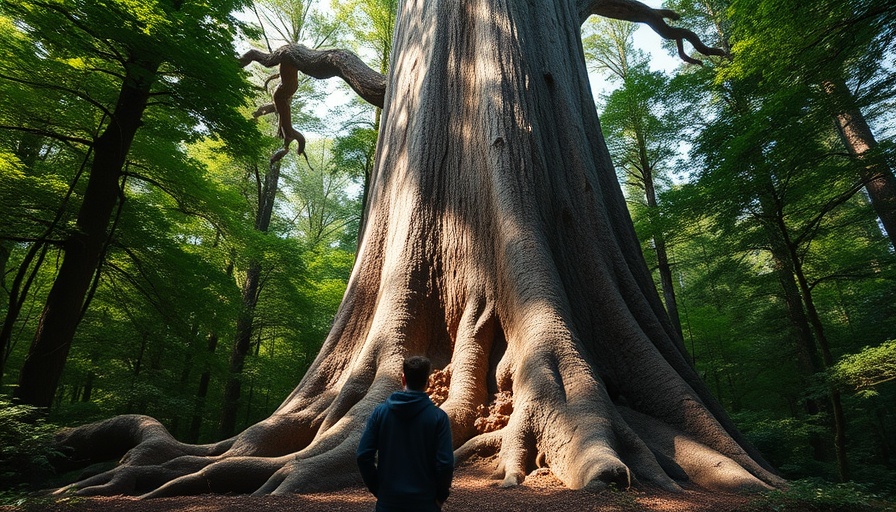
A Landmark Climate Ruling: The End of a Decade-Long Battle
In a case that has captured global attention, the ten-year-long lawsuit spearheaded by Peruvian mountain guide Saúl Luciano Lliuya against the German energy giant RWE has ended in a loss for Lliuya but has paved the way for significant progress in climate litigation. On July 31, 2025, the Higher Regional Court of Hamm, Germany, ruled that while Lliuya's specific claims for damages related to climate change-induced risks were insufficient, the case itself established a crucial legal precedent: corporations can indeed be held liable for the impacts of their greenhouse gas emissions, even when those effects are felt thousands of miles away.
The Personal and Global Implications of Lliuya's Case
Lliuya's case was not merely a legal challenge but a deeply personal journey shaped by the devastating impact of climate change on his homeland. In the Peruvian Andes, the Palcaraju Glacier's accelerated melting poses a serious threat to the town of Huaraz, prompting Lliuya to construct a protective dike to shield his community from potential glacial lake outburst floods (GLOFs). His lawsuit sought compensation for only a small fraction of the dike's costs, correlating to RWE's proportion of global greenhouse gas emissions.
A Controversial Decision: Discrepancies in Risk Assessment
The court's decision was influenced by contrasting assessments of the flood risk. While Lliuya's experts indicated a 30% risk of a GLOF in the next 30 years, the court's appointed experts only recognized a 1% risk, declaring Lliuya's claims insufficient. “He basically lost because he lives 50 feet too far away from the river,” remarked Noah Walker-Crawford, a former climate litigation advisor involved in the case. This disparity highlights ongoing debates within the scientific community regarding the methods used for climate risk evaluation.
Lessons Learned: What This Means for Future Climate Litigation
Despite its unfavorable outcome for Lliuya, the ruling has been hailed as a significant victory for climate advocates and litigators. It marks the first time a court has readily acknowledged the principle of corporate accountability for damage caused by emissions. Legal experts believe this ruling could inspire future cases worldwide, establishing a clearer framework for holding corporations responsible for climate-related damages.
The Broader Context of Climate Accountability
The Lliuya case draws parallels to earlier environmental legal battles, such as the Trail Smelter Case from 1938, where Canadian polluters had to compensate for damages in the U.S. However, Lliuya's case extends this principle into the context of climate change, highlighting the need for multinational cooperation in addressing global warming's impacts.
Impacts on Local Communities
The ruling has sparked renewed interest among other residents of Huaraz, some of whom are considering launching their own claims. Lliuya’s courage in standing up against a corporate giant can serve as an inspiration for others grappling with the serious effects of climate change in their communities.
As climate change continues to affect our world, Lliuya's fight for accountability emphasizes the importance of legal frameworks that support vulnerable communities facing environmental hazards. Engaging with climate litigation can be one of the many ways individuals can contribute to broader environmental action.
Take Action: Be Part of the Change
Climate change is a global issue that requires collective action. Educating ourselves and participating in local sustainability practices can significantly make a difference. Consider exploring ways to reduce your carbon footprint or engage in community efforts aimed at environmental conservation. Together, we can drive the change needed for a sustainable future.
 Add Row
Add Row  Add
Add 




Write A Comment